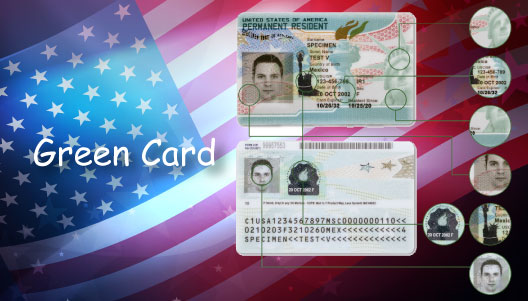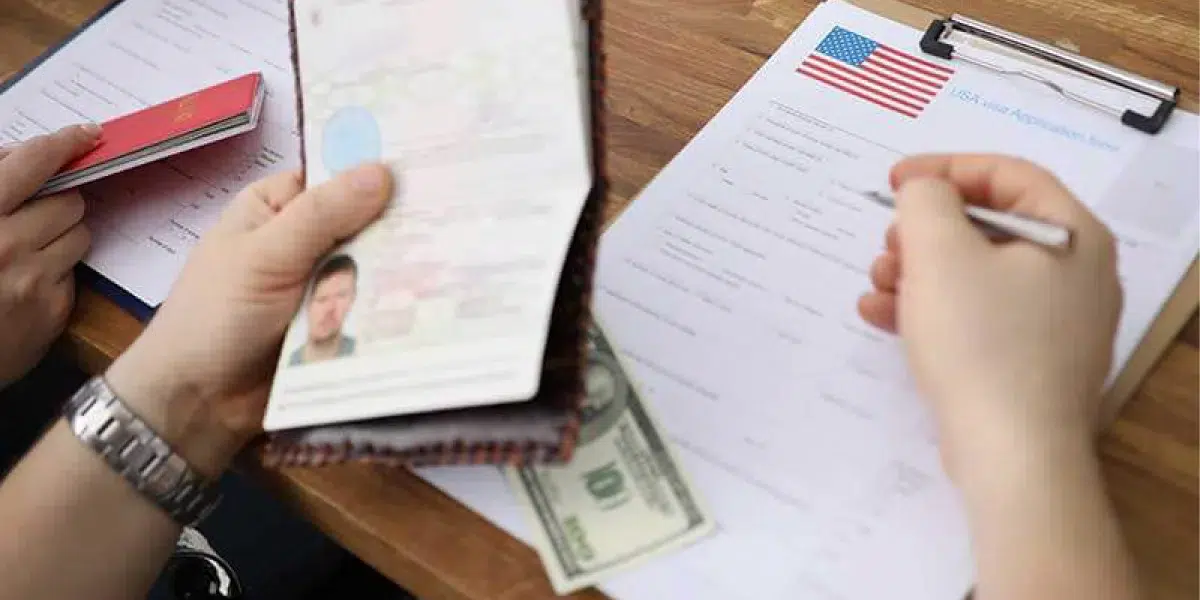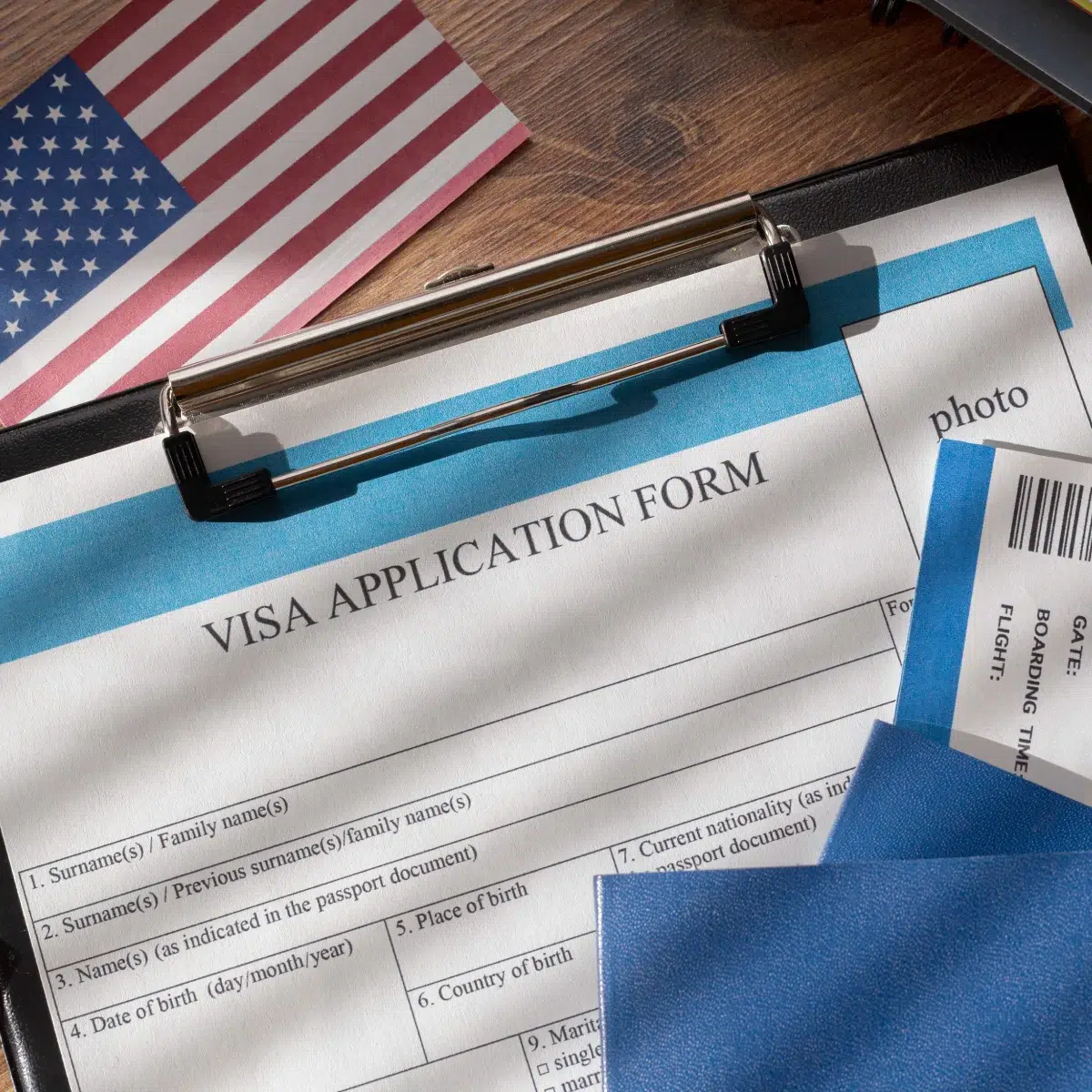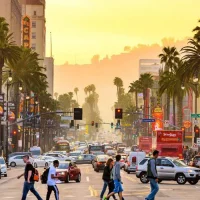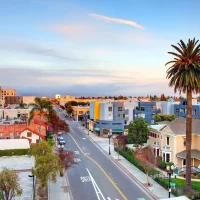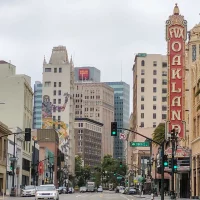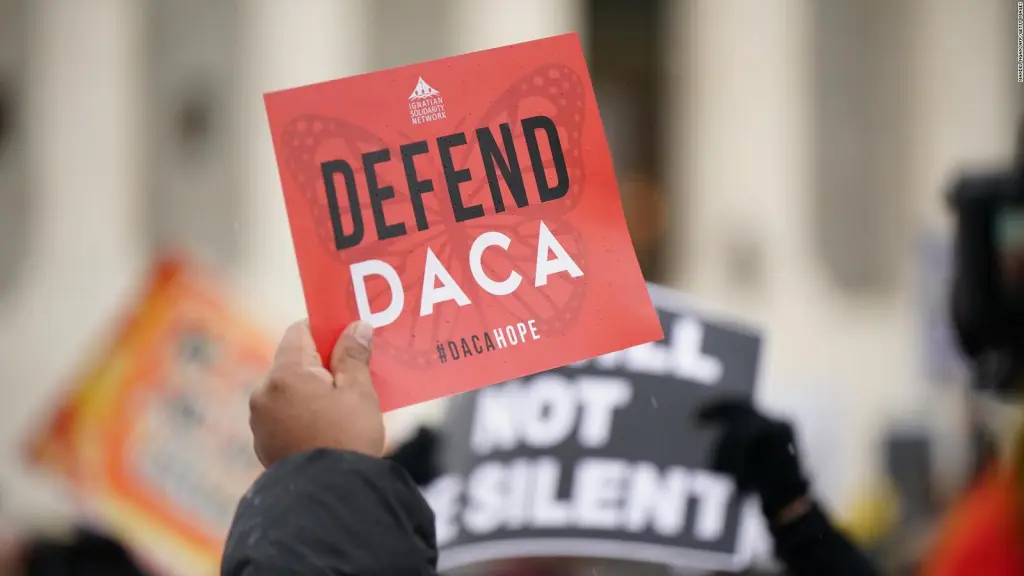
The DREAM Act, which stands for "Development, Relief and Education for Alien Minors," is an important resource in California and several other states. Its goal is to allow minors who were brought to the U.S. and who are under 16 years of age, but lack proper documentation to attend school, to meet state enrollment requirements and gain eligibility for academic financial aid. . ✏️📚
The DACA Law
On the other hand, the DACA Act, which is the Deferred Action for Childhood Arrivals Program (DACA), offers protection against deportation to thousands of young immigrants who arrived or stayed in the United States illegally before turning 16 years old. Additionally, DACA provides recipients, known as “dreamers,” authorization to work. 💼💡
Dhaka Beneficiaries
DACA recipients are a diverse group, on average they arrived in the US in 1999 at the age of 7, and more than a third entered before their 5th birthday. These brave young people represent more than 195 countries, with Mexico (81%), El Salvador (4%), Guatemala (3%), Honduras (2%) and Peru (1%) being the most common places of origin. 🌎🌍🌏
The Dreamers
It is important to be informed about these laws and programs that have a real impact on the lives of thousands of young people and their families in the United States! 🤝🗽
Get help with your DREAM case from an experienced immigration attorney.
Stay up to date with the latest news about DACA with the Law Offices of Vivian N. Szawarc! We are here to help you navigate the process and be successful in your application. 😊✅
Our team of expert attorneys is ready to answer your questions and provide you with the legal advice you need. Call us at 📞888-666-8820 and schedule a free initial consultation with an experienced attorney.
Your future in the United States is important to us, and we are committed to helping you achieve your goals. ¡Do not hesitate to contact us! 👨⚖️👩⚖️🇺🇸
IT'S TIME TO GET LEGAL SUPPORT
Schedule your free call
Daca
Immigration Services
Criminal Defense
Topics that might be of interest to you

Vivian N. Szawarc
For all immigration legal services in your language.
🌎🇺🇸 Do you need legal help on immigration issues? We are here for you in your language! Vivian N. Szawarc , a lawyer who understands your challenges, has worked with clients of various nationalities and is ready to help you. You are not alone in this process! Contact us today. Call us at 888-666-8820 💼📑🤝
Contact an Experienced Immigration Attorney Today
🌍🇺🇸 Do you need help in matters of immigration or criminals? You're not alone! At the Law Offices of Vivian N. Szawarc, we have extensive experience in representing clients from all over the world.
Our goal is to make your life in the United States run smoothly. Contact us today! Call us at 888-666-8820 🤝
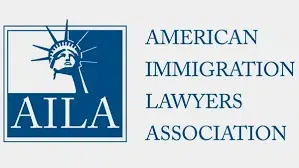
Our offices
The Angels
4929 Wilshire Blvd Suite 820 Los Angeles, CA 90010
Saint Ana
600 W. Santa Ana Blvd. Suite 814 Santa Ana, CA 92701
Oakland
1624 Franklin St. Suite 402 Oakland, CA 94612
Mexican Consulate
Department of Protection 2401 W 6th St Los Angeles, CA 90057


